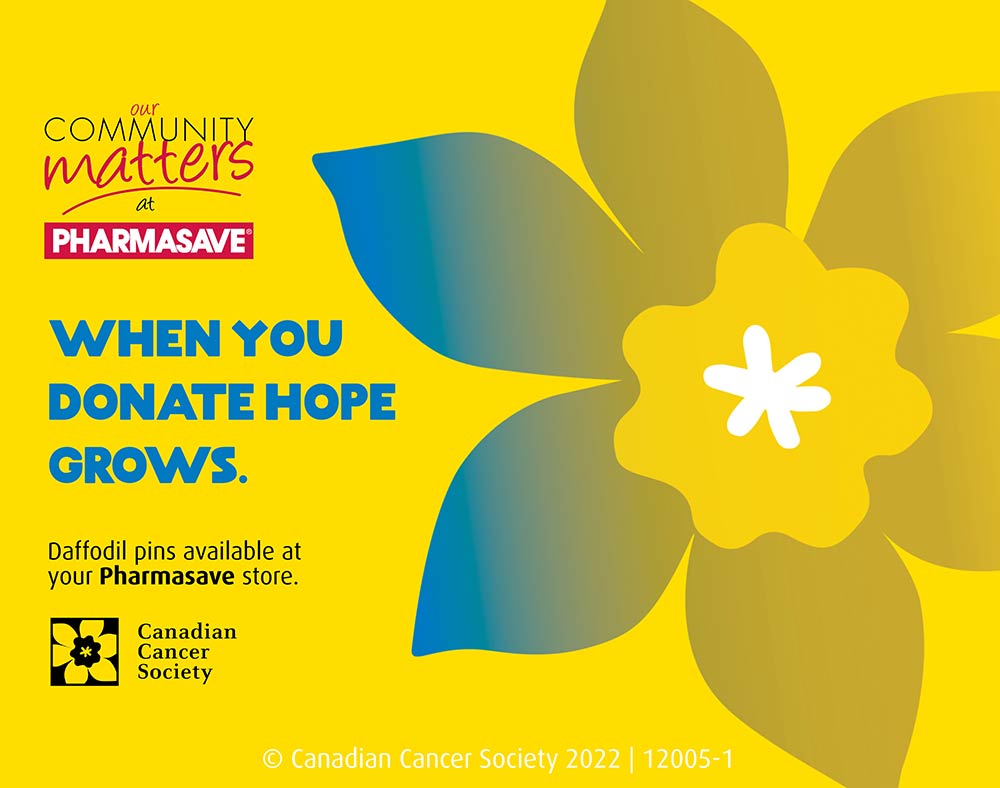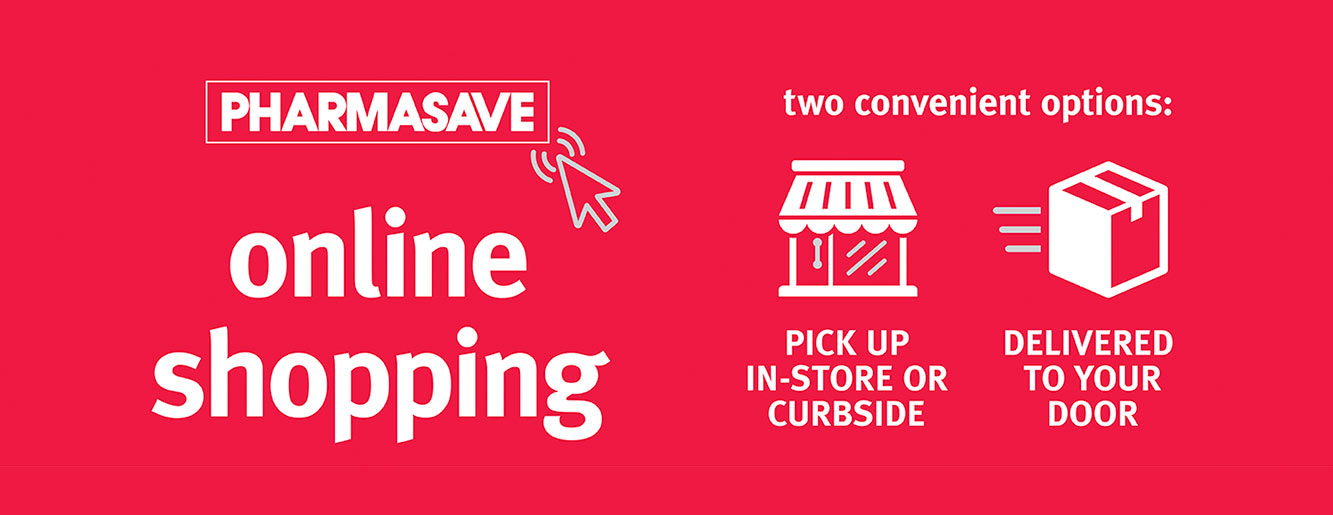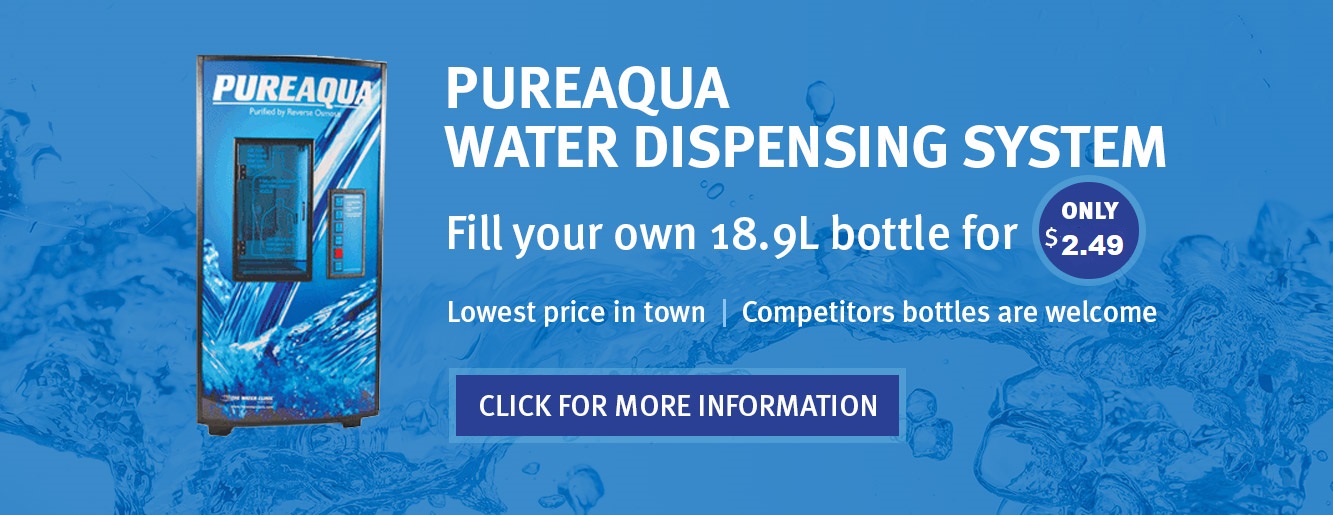
April – Cancer / Oral Health
Oral care and cancer treatment
Cancer treatment can affect your oral health, even if you are not being treated specifically for the mouth. Radiation therapy to the neck and head area and chemotherapy help treat cancer, but they can also cause side effects affecting the mouth. Many people undergoing cancer treatment don’t realize that a dental check-up is important in maintaining your overall health.
How does cancer treatment affect oral health?
Cancer treatment includes chemotherapy (treating cancer with medications) and radiation therapy (treating cancer by using energy such as x-rays and gamma rays). These treatments kill cancer cells but they can also have an effect on normal cells in the body, including those in the mouth. When this happens, side effects from cancer treatment that affect the mouth may occur, including:
- mouth infection
- mouth sores
- pain in mouth and gums
- dry mouth
- burning, peeling, or swollen tongue
- change in taste
- difficulty eating, swallowing, and talking
- bleeding (for chemotherapy)
- cavities and jaw stiffness (for radiation therapy)
What can I do to maintain good oral health during cancer treatment?
There are several steps you can take to ensure good health while you undergo cancer treatment:
- If possible, visit your dentist 1 month before you start cancer treatment. Mouth problems from cancer treatment may occur because a person’s oral health is not ideal. Going beforehand may help prevent some mouth problems.
- Brush your teeth at least twice a day and after every meal with an extra-soft toothbrush. You should also gently brush your tongue and gums. Use a fluoride toothpaste.
- Gently floss your teeth every day.
- Your dentist may also recommend a mouth rinse. Follow the instructions provided by your dentist. Avoid mouth rinses that contain alcohol, which can dry the mouth.
- If you experience dry mouth as a side effect of cancer treatment, your dentist may recommend a saliva substitute. Follow the directions provided by the dentist. You can also keep your mouth moist by drinking lots of water, chewing sugarless gum, or sucking ice chips.
- Avoid foods that can irritate or hurt your mouth: Sharp or crunchy food (e.g., potato chips), spicy dishes, or high-acid food (e.g., citrus fruits and juices). Also avoid using toothpicks, which can cut your mouth.
- Avoid sugary foods, which can cause cavities.
- Call your dentist or doctor if your mouth hurts.
Ask Your Pharmacist
Question: Does flossing really make a difference?
Answer: Using only a toothbrush won’t get into the tight spaces between your teeth, or under the gum line, places that bacteria hide. Flossing is an important part of your daily cleaning routine. You can choose whether to floss before or after brushing; the important thing is that you do a good job. If you have trouble handling floss, interdental cleaners such as dental picks, pre-threaded flossers, water flossers, silicone wedges, or tiny brushes, can also help.
Have more questions? Ask your Pharmasave pharmacist today.
Health Tip
We should all check in to make sure we’re brushing properly. Here’s how to brush your teeth:
Hold your toothbrush at a slight angle, so the bristles are aimed at where your teeth meet your gums. Gently brush with short circular back-and-forth motions. Brush the outside, inside and chewing surfaces of your teeth, and your tongue. Use a fluoride toothpaste and a soft-bristled toothbrush that fits your mouth comfortably. Brush your teeth twice a day. Replace your toothbrush every three to four months, or sooner if the bristles are worn. You may want to try an electric toothbrush – they can be handy for kids, and for adults who have difficulty making those fast back-and-forth motions. The movement of the bristles on an electric toothbrush might even help you remove more plaque or food from your teeth, which is important for gum health. Whether you choose an electric toothbrush or a manual toothbrush, the most important thing is that you brush and floss daily.



